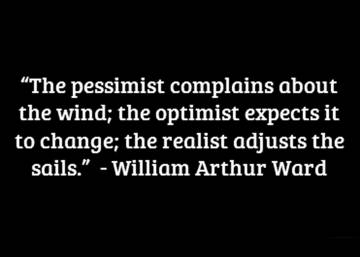The first paragraph is about how much of a time bomb a telekinetic person can be. The second paragraph goes, "Of course what none of them knew was that Carrie White was telekinetic."
I laughed my ass off. My main character had been unsure of his gifts at the start of my book, and that meant my readers were unsure, too. Some readers were having trouble figuring it out.
But it doesn't mean characters can't be unsure. It means the author must find a way to make the reader sure. The deeper point is, the premise, and the hint of the dramatic, should be on the table right away. I don't want to write for highbrow people. I want to write for everyone. I'd love highbrow readers to enjoy my work, but I don't see the point of writing work designed to make self-congratulating, Oxford-cloth twits think I'm clever. The point of art is to impact upon people, as such, the amount of people it reaches is vital. Art happens every time someone listens to music, or reads a book, or plays a poignant video game. Art isn't simply in the artist. It's a gift from the artist, and a gift is just a colourful box until it's unwrapped.
Now, as it's necessary to post on Pinterest, I'll honour him with a picture.

As always, thanks dude.
